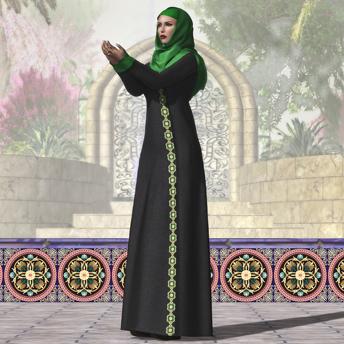
2 May (to evening 3 May)
Eid al-Fitr
Muslims
Also called the “Festival of Breaking the Fast”, is a religious holiday celebrated by Muslims worldwide that marks the end of Ramadan.
Photo: Strawberry/Flickr CC2.0

2 May (to evening 3 May)
Also called the “Festival of Breaking the Fast”, is a religious holiday celebrated by Muslims worldwide that marks the end of Ramadan.
Photo: Strawberry/Flickr CC2.0
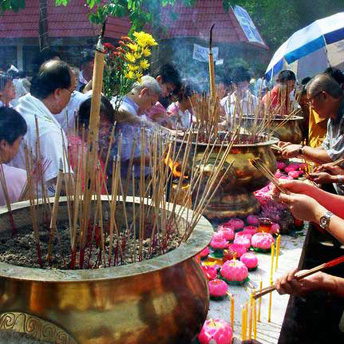
16 May (dates vary among Buddhist communities)
Also known as Visakha Puja, Wesak, Buddha’s Birthday, Saga Dawa Duchen; Vesak celebrates the birth, enlightenment and death of the Buddha on the one day. It is recognised internationally by the UN ‘to acknowledge the contribution that Buddhism, one of the oldest religions in the world, has made for over two and a half millennia and continues to make to the spirituality of humanity’. More information...
Photo: Kamal Sellehuddin/Wikimedia Commons CC2.0
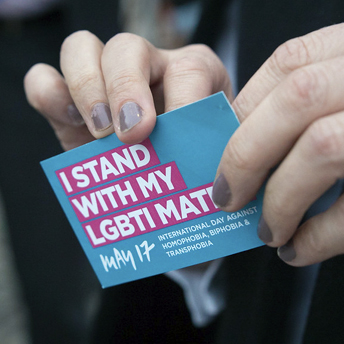
17 May
People are encouraged to wear the rainbow on May 17 and use the day as a ‘catalyst for creating safe spaces for LGBTIQ people all year round!’. More information...
Photo: RUOK?/Flickr CC2.0
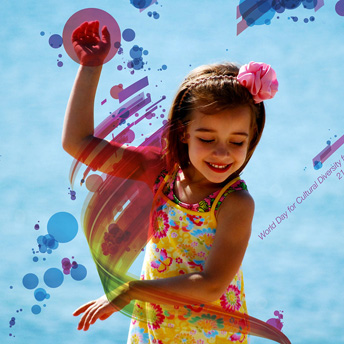
21 May
It became UNESCO’s responsibility at the close of the 1960s to stimulate the process of worldwide reflection on how cultural policies could be integrated with development strategies. This led to the declaration of the World Decade for Cultural Development (1988-1997). The aims of World Day for Cultural Diversity for Dialogue and Development are to acknowledge the cultural dimension of development, affirm and enrich cultural identity, broaden participation in cultural life and promote international cultural cooperation. More information...
Photo: FTTUB/Flickr CC2.0
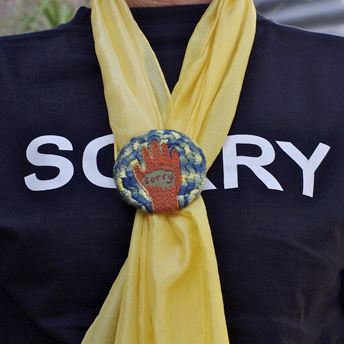
26 May
National Sorry Day provides an opportunity for people to come together and share the journey towards healing for the Stolen Generations, their families and communities.
It is a significant day for Aboriginal and Torres Strait Islander peoples, particularly for Stolen Generations survivors. The idea of holding a ‘Sorry Day’ was first mentioned as one of the 54 recommendations of the Bringing them home report, which was tabled in Parliament on 26 May 1997. This report was the result of a two-year National Inquiry into the forcible removal of Indigenous children from their families, communities and cultural identity. On 26 May 1998, the first ‘Sorry Day’ was held in Sydney, it is now commemorated across Australia, with many thousands of people participating in memorials and commemorative events, in honour of the Stolen Generations. More information...
Photo: butupa/Flickr CC2.0
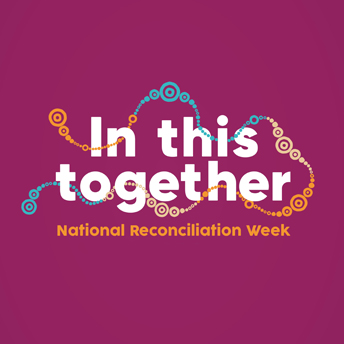
27 May - 4 June
National Reconciliation Week (NRW) is a time for all Australians to learn about our shared histories, cultures, and achievements, and to explore how each of us can contribute to achieving reconciliation in Australia.
The Week’s celebrations commemorate two significant milestones in the reconciliation journey-the anniversaries of the successful 1967 Referendum and the High Court Mabo Decision. More information...